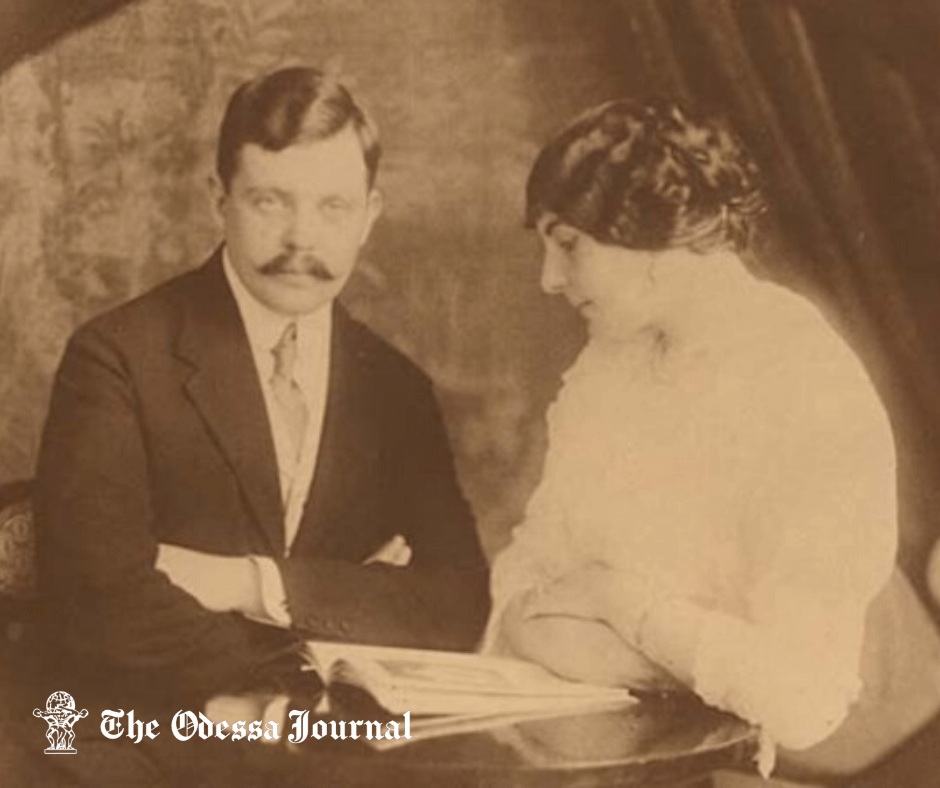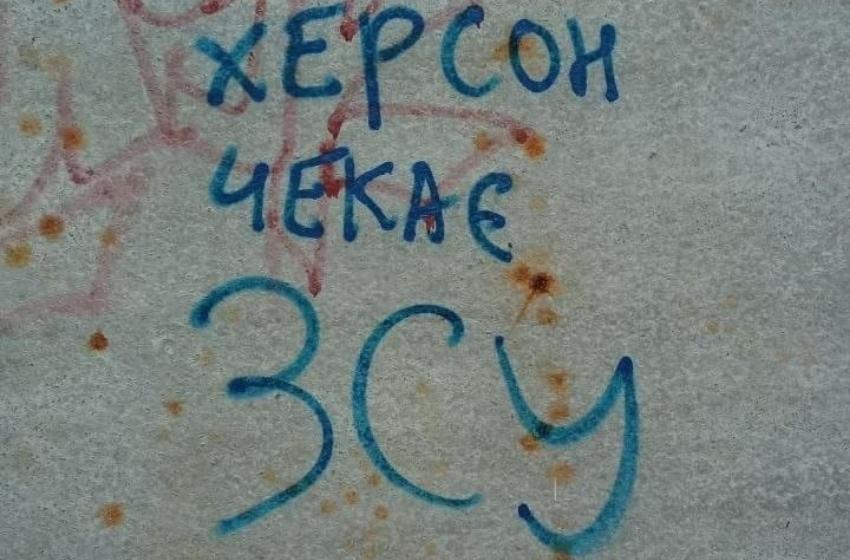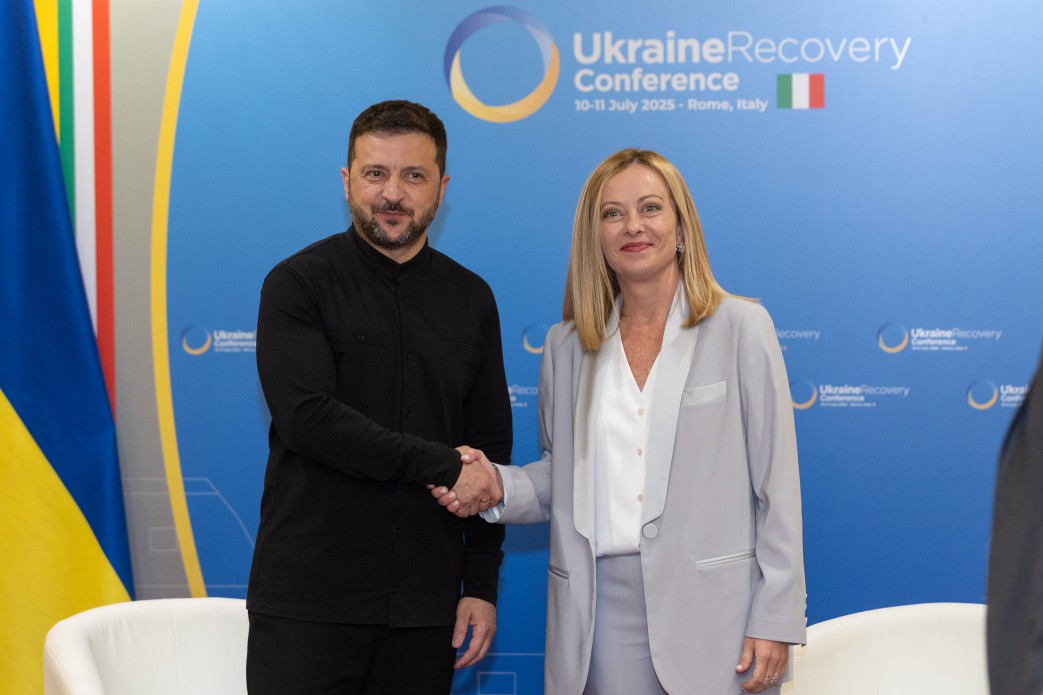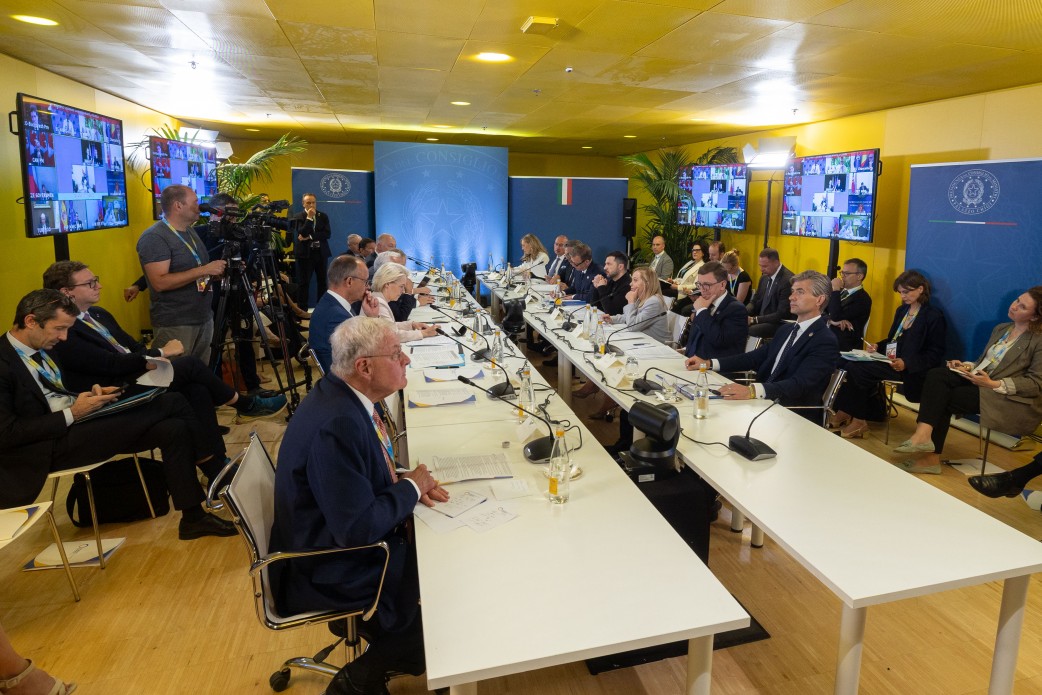At one hour from Odessa, in the village of Vasilevka, there are the ruins of a 19th century mansion, a likely work of the architect Boffo, the author of the Potemkin Stairs. They call it the Manor of the Wolf-Man, the most famous patient of Sigmund Freud, who grew up there.
The pseudonym was given by Freud himself, as he used to do with all his patients, to ensure their anonymity. The real name was Sergei Konstantinovich Pankeev, born in 1886 in Ukraine, a province of the Russian Empire, into the rich family of land-owning merchant, originating from St. Petersburg.
The “Wolf-Man†case is undoubtedly one the most famous described by Freud in his book “From the History of the Infantile Neurosisâ€, which is considered a milestone of psychoanalysis. Freud himself regarded this case as "one of the most valuable of all the discoveries that I had the good fortune to makeâ€.
Sergei Pankeev, who showed signs of a serious depression, was initially examined by a young doctor in Odessa, Leonid Droznes, who was one of the few doctors in Ukraine, at that time, who had studied Freud’s theory. Lately, Droznes sent him to the famous doctor in Vienna.
“Hello, the Wolf-Man is listeningâ€
Pankeev was terrified by images of wolves. When he was very young, he saw a picture of a wolf in a book of fairy tales. The fear grew stronger when he saw a live wolf for the first time. At 5 years old, he had his first nightmare, which later described to Freud: he was sleeping in the family’s summerhouse in Vasilevka. He got out of bed, and through the window saw of a herd of white wolves, sitting in a tree and sending him “messages with their eyesâ€.
The boy’s psychological condition worsened with the years. Pankeev’s fear of wolves became a truly pathological phobia, which led to the formation of chronic neuroses. He was virtually unable to handle life’s usual functions (like defecation). Moreover, the Wolf-Man was heavily traumatized by the suicide of his sister and the death of his father.
Freud's eventual analysis of the dream was that Pankeev had witnessed a "primal scene" (sexual intercourse) of his parents having sex "a tergo" or "more ferarum" (from behind), at a very young age. But, in an unpublished paper by Freud's associate Ruth Mack Brunswick, who was asked by the Doctor to review the Wolf-Man case, she discovered evidence that Pankeev had been sexually abused by a family member during his childhood.
“mysterious Russian soulâ€
Sergei Pankeev was not an ordinary patient. He was a highly cultivated man, graduated from the Jurisprudence School of the Odessa University, fluent in German and French and also a frequent traveller and painter. The Wolf-Man was a goldmine for an innovative psychotherapist, as he was extremely open to new ideas and experimentation.

Freud opened to his patient that he himself was “half-Odessiteâ€. Freud’s grandmother was Odessa born and grown, and the professor’s mother, Amalia Nathansohn, only left Odessa for Vienna at the age of 16. Possibly, this fact played a considerable part in the deep bond between the two men.
Freud’s interest in the young man from Odessa was inspired by his aware “inability to fully understand the Russian manâ€. To Freud, Pankeev was a classic example of the romanticized “mysterious Russian soulâ€, a human expression of the “Russian gloom†expressed by the characters of the great Russian novels. Freud mentioned “The Brothers Karamazov†several times in his diaries after hearing Pankeev speak about his family.
Regarding the therapy, Freud wrote: “the patient’s foreign national character, alien to our understanding, became a great impediment to my access and capacity to fully understand the patient’s personalityâ€. Based on Freud’s observations regarding the inner world of a Russian man, a thesis would later emerge among Western psychologists and philosophers, who theorized that “Russia is the unconscious of the Westâ€.
Freud’s sessions with Pankeev went on for four years, since 1910. In 1914, Sergey Pankeev returned to Odessa, to his big house in Marazlievskaya street, 20, still existent, nowadays.
Upon Sergey’s return, his mother decided to celebrate it with a church service, as it was the use of the times. To thank the good doctor for her son’s healing, she made sure to include Professor Freud in the prayers. Therefore, an Orthodox priest recited a prayer in the Odessa Cathedral for the soul of a certain “Sigismundâ€, who was incidentally an atheist.
The Wolf-Man left Odessa due to the Russian revolution in 1917. He had lost all his wealth and fled to Vienna, where he asked Sigmund Freud for help. Thanks to the generosity of his former doctor, he was able to return to a normal life and kept the mental fortitude necessary to survive his wife’s suicide as well as the horrors of First and Second World Wars. He worked at an insurance office for the rest of his life and died in Vienna in 1979. He visited Odessa again only once, in 1943, when he needed a copy of his university diploma.
For the rest of his life, the Sergei Pankeev remained a quite eccentric person and periodically visited a psychotherapist. He even developed a sense of humour about his old neuroses. They say that he was used to answer the telephone with “Hello, the Wolf-Man is listeningâ€. When his therapist, Muriel Gardiner, mentioned that her daughter had a great affection for animals, he responded that once he was also quite interested in animals. Especially wolves.
Such sense of humour proves that, after all, the Wolf-Man was a real Odessite.





















